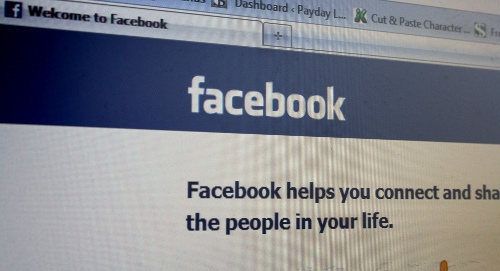Secure your place at the Digiday Publishing Summit in Vail, March 23-25

Could the pendulum finally start swinging the other way when it comes to social network oversharing?
According to a new study from Pew, that may just be the case, at least when it comes to friending and privacy settings. The findings suggest that people are more selective about who and how many contacts they maintain on social networks. According to Pew, compared to 2009 all the major metrics for profile management are up: 63 percent of respondents have deleted people from their “friends” lists (up from 59 percent in 2009). Forty-four percent have deleted other comments made by others on their own profiles, and 37 percent have detagged themselves from photos.
Interestingly, women are slightly more likely to defriend people than men (67 percent female respondents compared to 58 percent of male respondents). Also, younger social network users are more likely to defriend than older users.
Perhaps the most surprising finding is that only 11 percent of respondents said they have posted content they regret. Of course, I bet their friends might rate that a bit higher.
See the full study report here.
More in Media

How creator talent agencies are evolving into multi-platform operators
The legacy agency model is being re-built from the ground up to better serve the maturing creator economy – here’s what that looks like.

Why more brands are rethinking influencer marketing with gamified micro-creator programs
Brands like Urban Outfitters and American Eagle are embracing a new, micro-creator-focused approach to influencer marketing. Why now?

WTF is pay per ‘demonstrated’ value in AI content licensing?
Publishers and tech companies are developing a “pay by demonstrated value” model in AI content licensing that ties compensation to usage.





